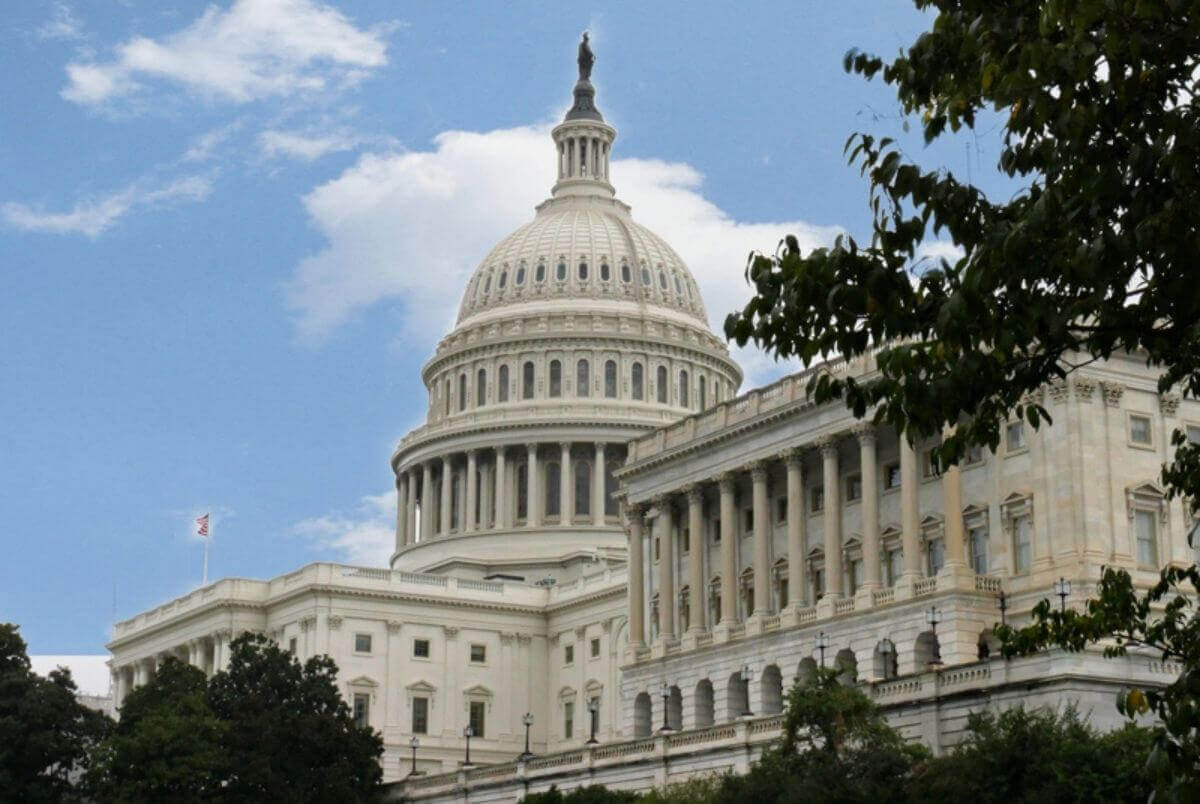By Cait Crudden
In the heart of the nation’s capital, Congressman Nick LaLota (R, NY-01) has emerged as a formidable force in the push to restore the contentious State and Local Tax (SALT) deduction cap. With the issue gaining renewed attention in 2024 in the ongoing battle over tax policy, Congressman LaLota has emerged as a driving force in the push to reinstate this crucial deduction for American taxpayers and his leadership on the subject has drawn both praise and scrutiny as the debate intensifies on Capitol Hill.
The SALT deduction has long been a cornerstone of the U.S. tax code, allowing taxpayers to deduct certain state and local taxes from their federal tax returns. However, the Tax Cuts and Jobs Act of 2017 imposed a $10,000 cap on this deduction, sparking outrage from residents in high-tax states who argue that it unfairly penalizes them.
Representing New York’s First Congressional District, Congressman LaLota has made restoring the SALT deduction a top priority of his legislative agenda. He has spearheaded efforts to reverse what he views as a harmful provision that disproportionately affects middle-class families and undermines state and local governments’ ability to provide essential services. Since being sworn into office in January 2023, the Congressman has been explicitly clear on his support for restoring the SALT deduction. Early on in his tenure, he joined the bipartisan SALT Caucus and introduced the SALT Fairness and Deficit Reduction Act to effectively bring the deduction to pre-2017 levels for most taxpayers while at the same time reducing the federal deficit by raising and extending the SALT deduction cap to $60k for single filers and $120k for joint filers beginning in 2023 and lasting until December 31, 2032.
This month, in a recent address at a Small Business Committee hearing, Congressman LaLota passionately advocated for eliminating the marriage penalty, and the unfairness of double taxation as well as the adverse effects of high taxes and the complex tax code.
“While Albany Democrats must do more to repeal unfunded mandates and lower New Yorkers’ taxes, my constituents know better than to rely on them to make our lives easier. In Washington, I am working on raising the SALT deduction cap to help Long Islanders make ends meet,” LaLota asserted.
The SALT Marriage Penalty Elimination Act that was proposed was blocked from consideration earlier this year. The bill failed to gain the support of every House Democrat and a handful of House Conservatives.
“Many of my colleagues, regardless of their party affiliation, claim to support families, lowering the cost of living, and improving the lives of the average American. If that’s the case, every single one of them should support common sense legislation to eliminate the un-American SALT deduction cap marriage penalty,” said LaLota. “I will always fight to ensure the federal government is working for Long Island families.”
Advocates argue that reinstating the SALT deduction would alleviate financial strain on taxpayers, particularly in high-tax states, and stimulate economic growth at the local level. However, critics of restoring the SALT deduction have raised concerns about its potential impact on federal revenue and the distribution of tax burdens. Some argue that reinstating the full deduction would primarily benefit wealthier individuals and exacerbate income inequality, rather than providing meaningful relief to middle-class taxpayers. Despite these challenges, LaLota remains undeterred in his quest to restore the SALT deduction, viewing it as a matter of fundamental fairness and tax equity.
As the debate over the SALT deduction continues to unfold, the stakes are high for millions of taxpayers across the nation. With Congressman LaLota leading the charge to restore this critical deduction, the issue promises to remain at the forefront of legislative deliberations, shaping the future of tax policy and economic recovery in 2024 and beyond.




